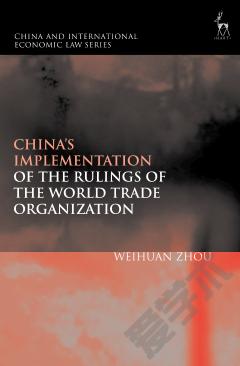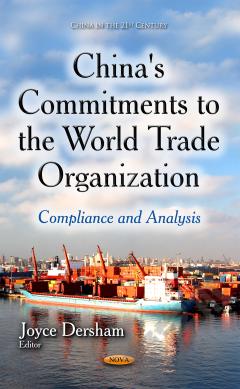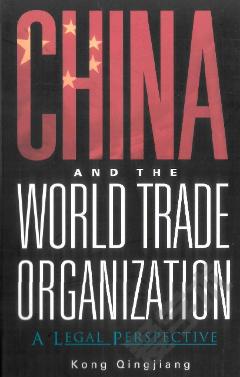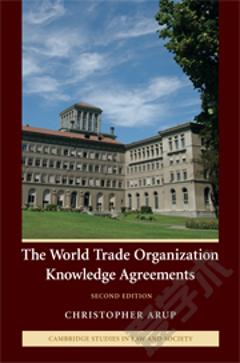Sino-us Trade Accord And China's Accession To The World Trade Organization
The Sino-US trade accord signed in November 1999 in Beijing set a milestone for China's protracted journey towards becoming a member of the World Trade Organization (WTO). China hailed it as a win-win deal. The trade accord showed the commitment of the Chinese government to further transform China into a market economy. The liberalisation measures set forth in the accord may bring about the rise of the private enterprises and further expansion of the services markets, from banking to professional services. However, the implementation of the reform represents a challenge to the Chinese government in managing the potential surge in urban and rural unemployment and the stability of the banking sector. This paper analyses the details of the Sino-US trade accord and its implications for the Chinese economy.
{{comment.content}}








 京公网安备 11010802027623号
京公网安备 11010802027623号